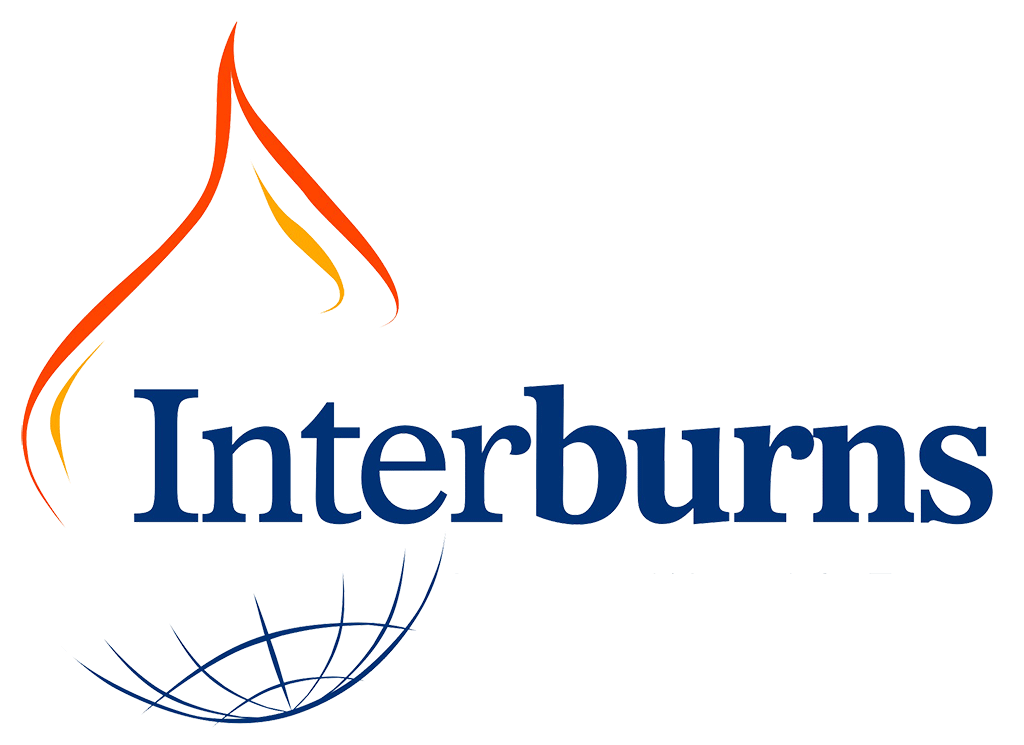The vital role of nurse-led initiatives in QI projects
Interburns integrates Quality Improvement (QI) into its Advanced Burn Care (ABC) courses. The QI scheme, which results in the implementation of practical QI projects in different burn units, began with ABC(Nursing) Tanzania 2023 and continued after ABC(N) Malawi 2024.
Round Two of the scheme recently concluded with an evaluation of three exceptional projects led by nurses from Malawi and Tanzania. The projects followed a well-defined 8-step approach to QI, available on our website, supported by nurse mentors from Tanzania, Ghana and Malawi.
Over 12 months, participants met regularly with their mentors who guided them through 8 clear steps, from identifying the problem, to creating a team, developing a SMART aim, and measuring and responding to change.
The projects were:
· Improving fluid management in burn patients led by Stella Kumwenda from Mzuzu Central Hospital, Malawi. The aim, to improve fluid monitoring in the female surgical ward from 23.8% to 70% in three months, was exceeded through a system that included allocating a nurse to the burn ward, implementing a revised burn-specific admission sheet showing TBSA, and establishing regular monitoring.
· Improving procedural pain management in burn patients led by Marco Mussa supported by Glory Onesmo Urassa at Bugando Burn Unit, Mwanza Tanzania. The team observed that many patients complained of severe pain, this was mainly due to lack of knowledge among nurses, and no protocols. The aim, to increase the use of procedural pain management from 33% to 90%, was achieved through better staff orientation, improved engagement with the pharmacy, ensuring the availability of drugs, and support.
· Improving compliance to aseptic techniques during burn wound dressing among nurses was led by Maria Mataka at Zomba Central Hospital, Malawi. Neglecting aseptic techniques raises the risk of infection, which can delay recovery or lead to death. Compliance among staff was low, at 33%, mainly due to inadequate supervision and a high workload. Strategies included more training, posters in the unit and more nursing staff on hand to assist.
Congratulations to all, especially to Maria Mataka and her team whose ‘winning’ project will be presented at the upcoming PABS conference in Nairobi. Thank you to all who took part, in particular:
Nursing Lead: Dominique Potokar, France
Project supervisors: Maria Holden, UK, and Ziphilly Chiumia, Malawi
Mentors: Tatu Muhidini Suleiman, Tanzania
Abubakari Safianu Tamale, Ghana
Ziphilly Chiumia, Malawi
Evaluation Team: Margaret Roy Gowrinath, Sierra Leone
Hiba Sharawi, Occupied Palestinian Territories
Samira Egeh, UAE
Danni Mehrez, UK
Sarah Wilkes, UK
